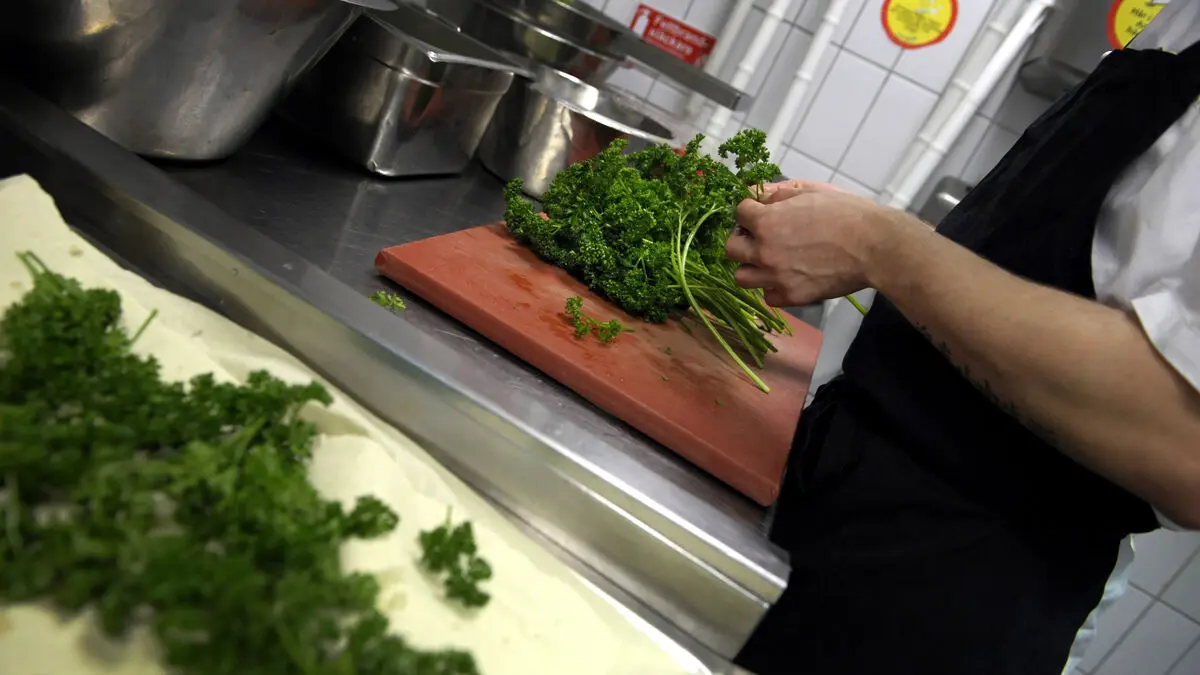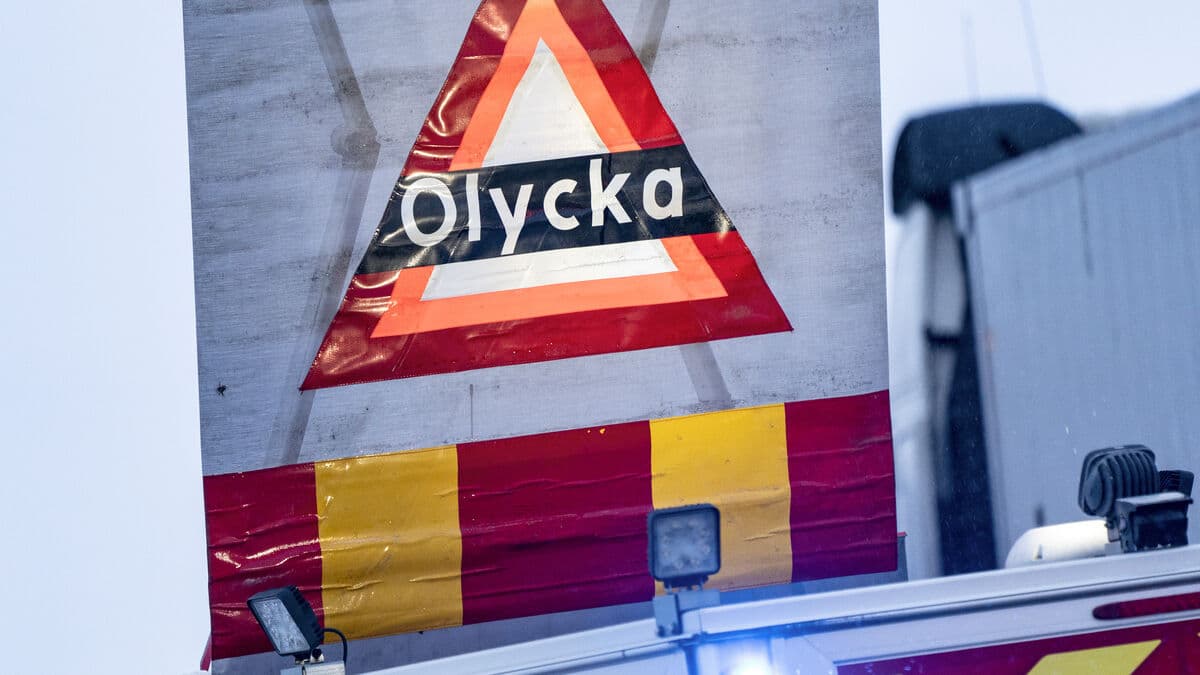The arrest took place after a several-hour-long police operation on Wednesday, local time, at the presidential residence in Seoul. Yoon has been staying there since he was stripped of presidential power on December 14. On that day, parliament voted to put him on trial.
In a pre-recorded video clip published in connection with the arrest, Yoon says he does not consider the investigation against him to be lawful, but he has chosen to cooperate "to avoid unnecessary bloodshed".
The investigators report that Yoon has so far chosen not to speak.
Yoon is exercising his right to remain silent, says a person at the investigation office after the arrest, reports AFP.
After being taken into custody, Yoon was driven in a motorcade to the Corruption Investigation Office's (CIO) premises.
Restoring Order
The opposition leader Park Chan-Dae says in a meeting with his party that the arrest is "a first step towards restoring constitutional order", reports AFP.
The 64-year-old former prosecutor Yoon is being investigated along with several other high-ranking politicians and officials for attempting to stage a coup, a charge that can result in the death penalty.
Nearly 1,000 police officers and investigators from the CIO were present at the residence, but they initially did not get further than the gates. There was some turmoil when loyal supporters of Yoon, who had gathered outside, tried to prevent the police and investigators from approaching.
The political chaos in South Korea began when Yoon declared a state of emergency on the evening of December 3 to protect the country from "communist forces". This was done with reference to the opposition having completely paralyzed the government's work.
During the night of December 4, parliament voted to repeal the war laws, and the state of emergency was declared invalid.
Stopped Earlier
On Tuesday, the country's defense department announced that the military had been ordered not to intervene if the police wanted to arrest Yoon, but only to act to protect the residence, writes Yonhap.
An attempt to arrest the former president on January 3 was stopped by security guards who physically blocked the police, who therefore warned that they would use more "powerful" methods now.
South Korea's President Yoon Suk-Yeol, who belongs to the conservative People's Party (PPP), declared a state of emergency on the evening of December 3 to protect the country from "communist forces". This was done with reference to the opposition having completely paralyzed the government's work.
During the night of December 4, parliament voted to repeal the war laws, and the state of emergency was declared invalid.
Yoon Suk-Yeol then announced in a televised speech that he would lift the state of emergency, which had lasted for about six hours in total.
He was stripped of presidential power on December 14, when parliament voted to put him on trial.
In addition to the impeachment process in the Constitutional Court, the anti-corruption unit and the police are conducting a joint criminal investigation against Yoon.
Yoon has been suspended from his duties pending the outcome and has been staying at the presidential residence since December 14, where he refused to let himself be arrested, until he agreed to it on January 15.






